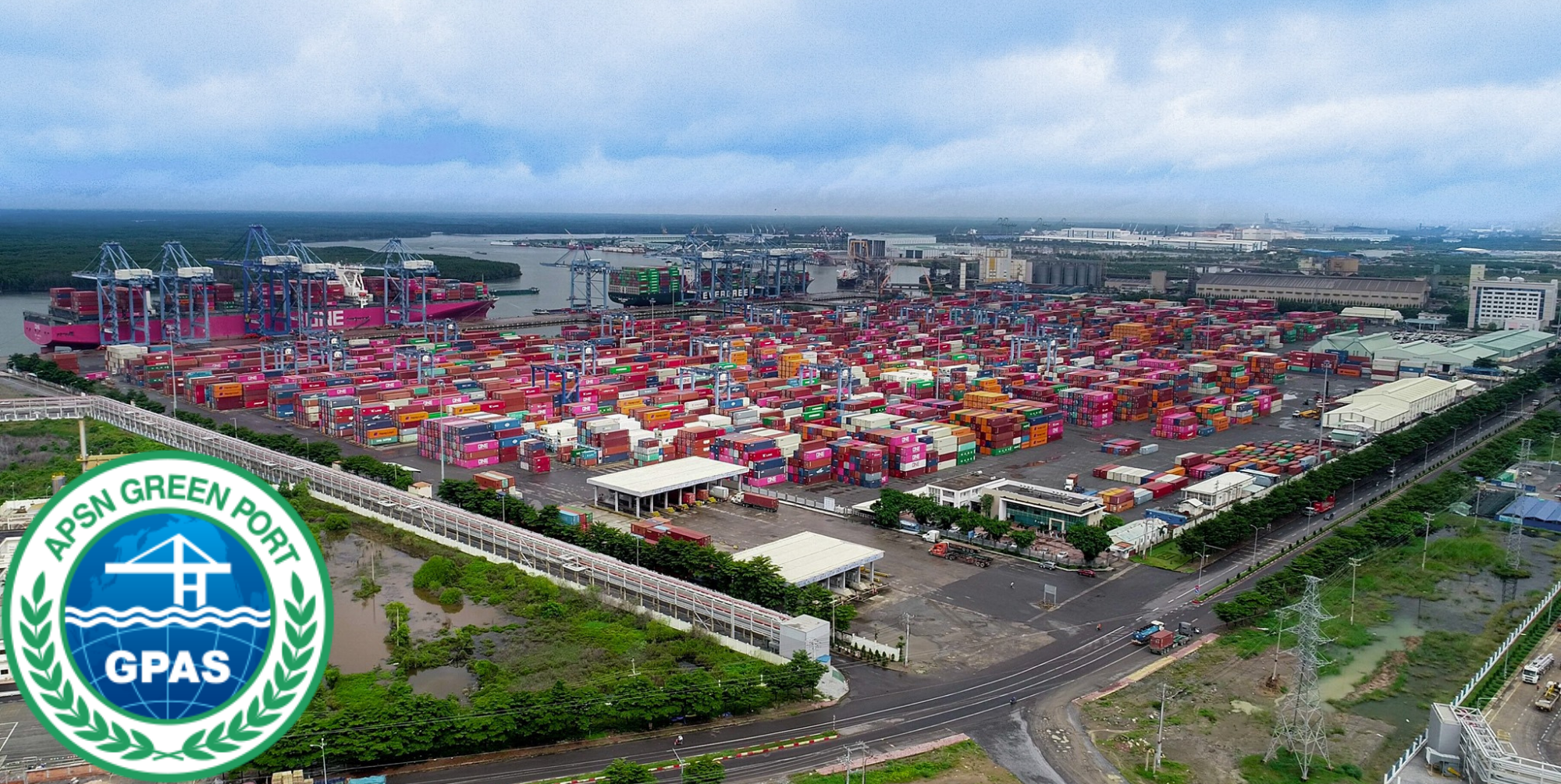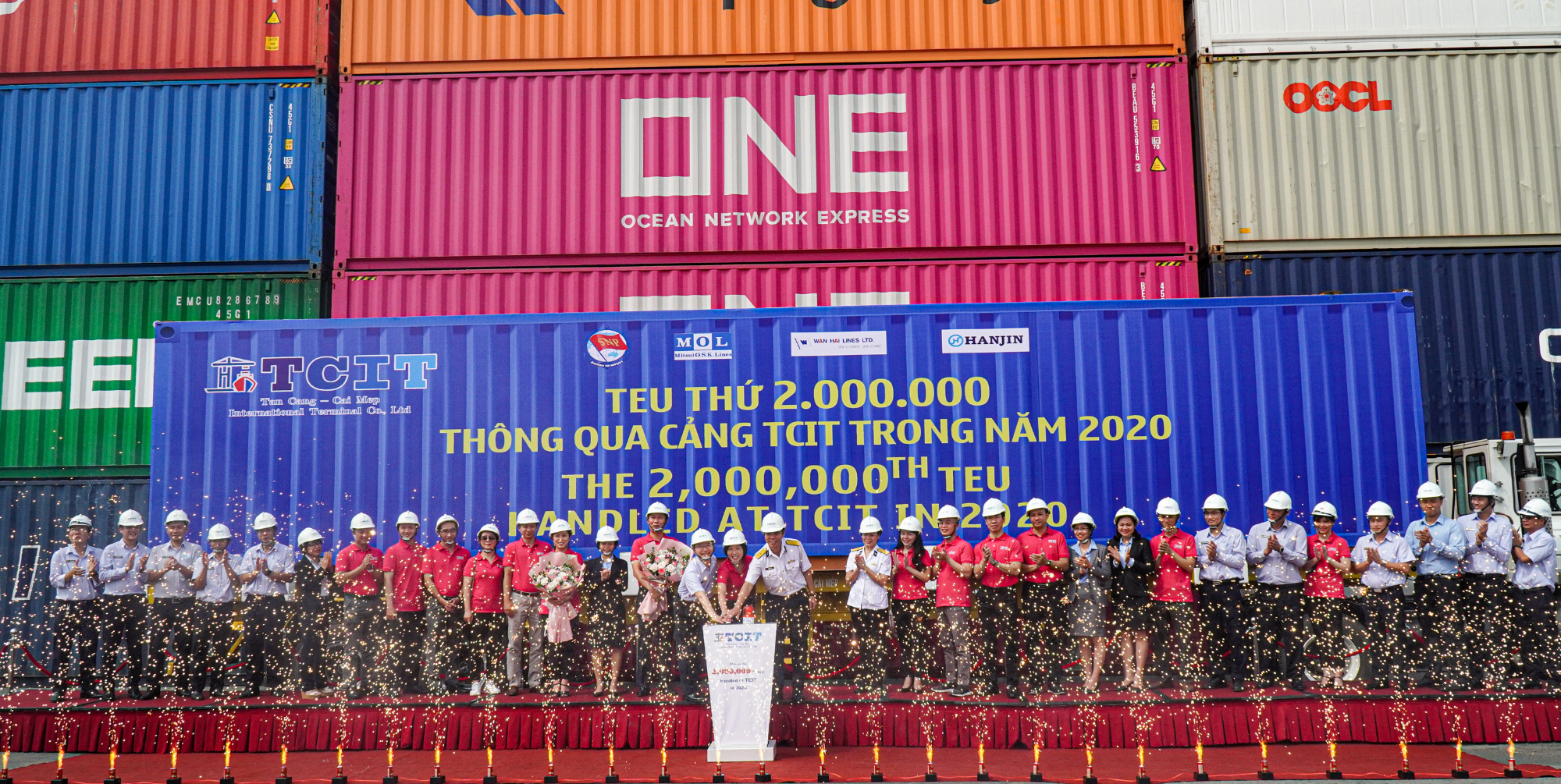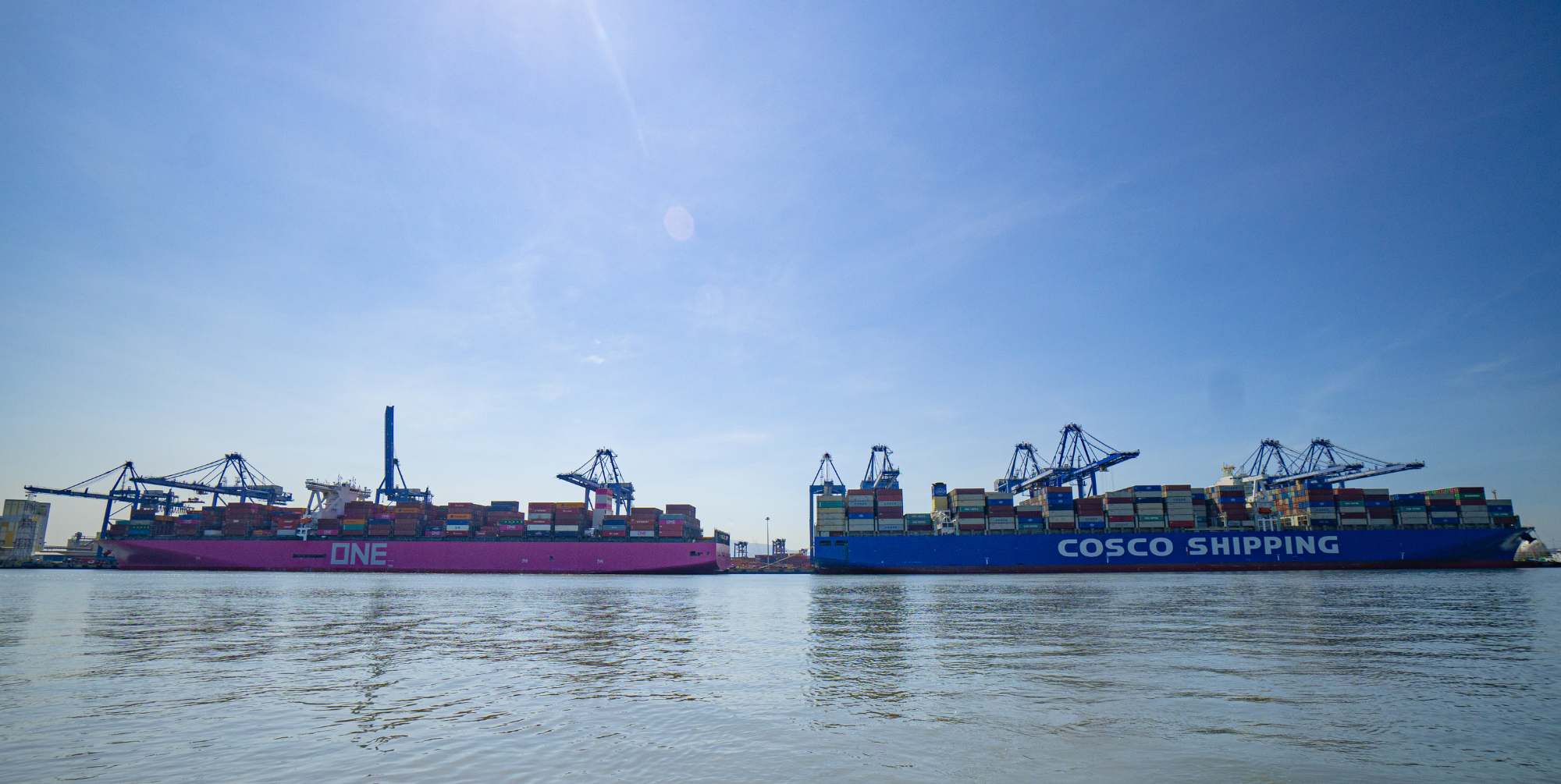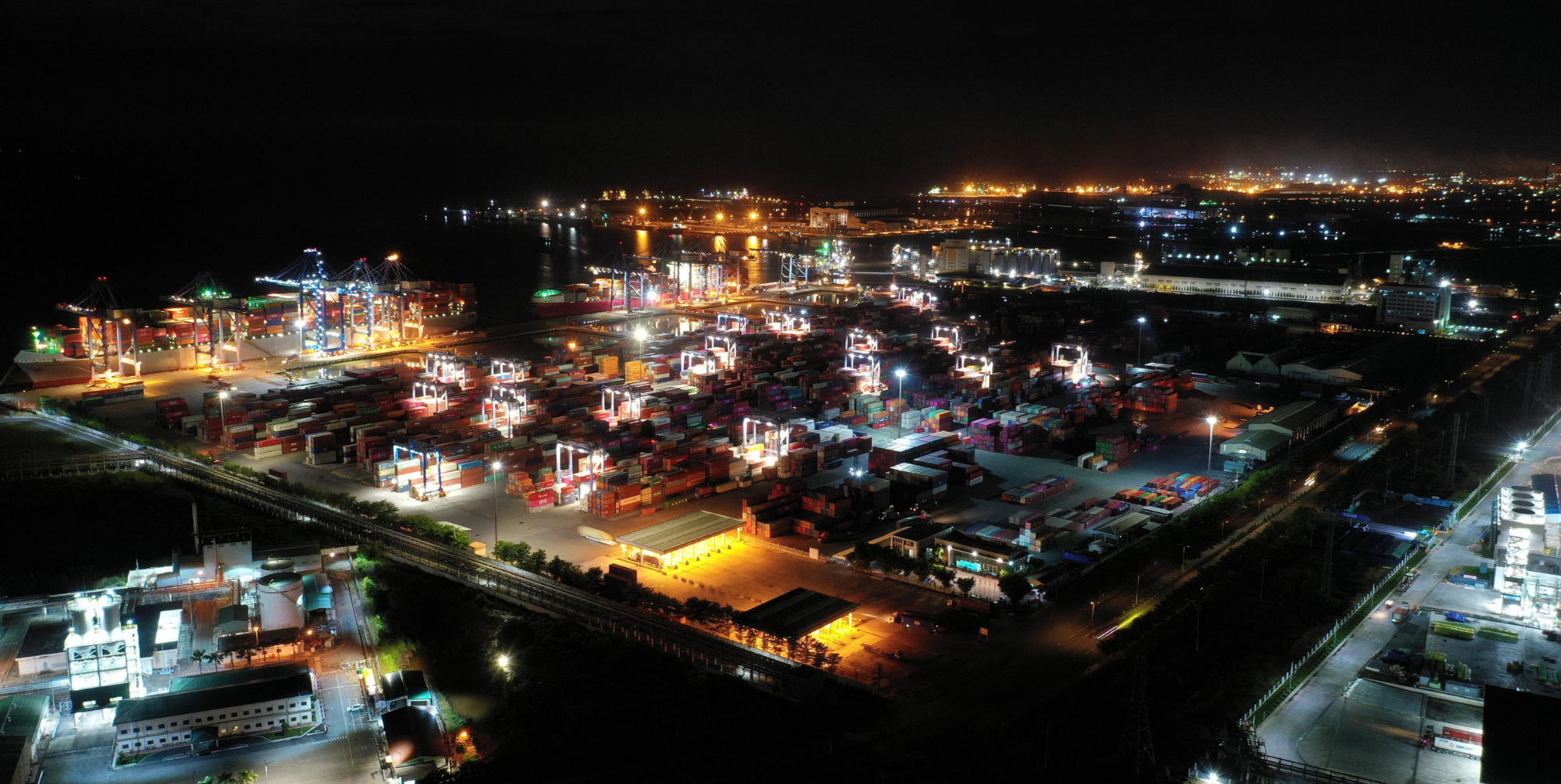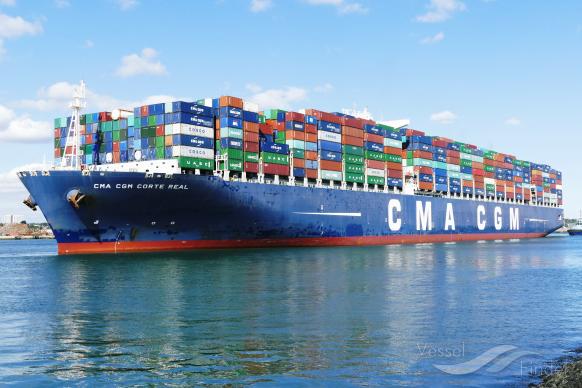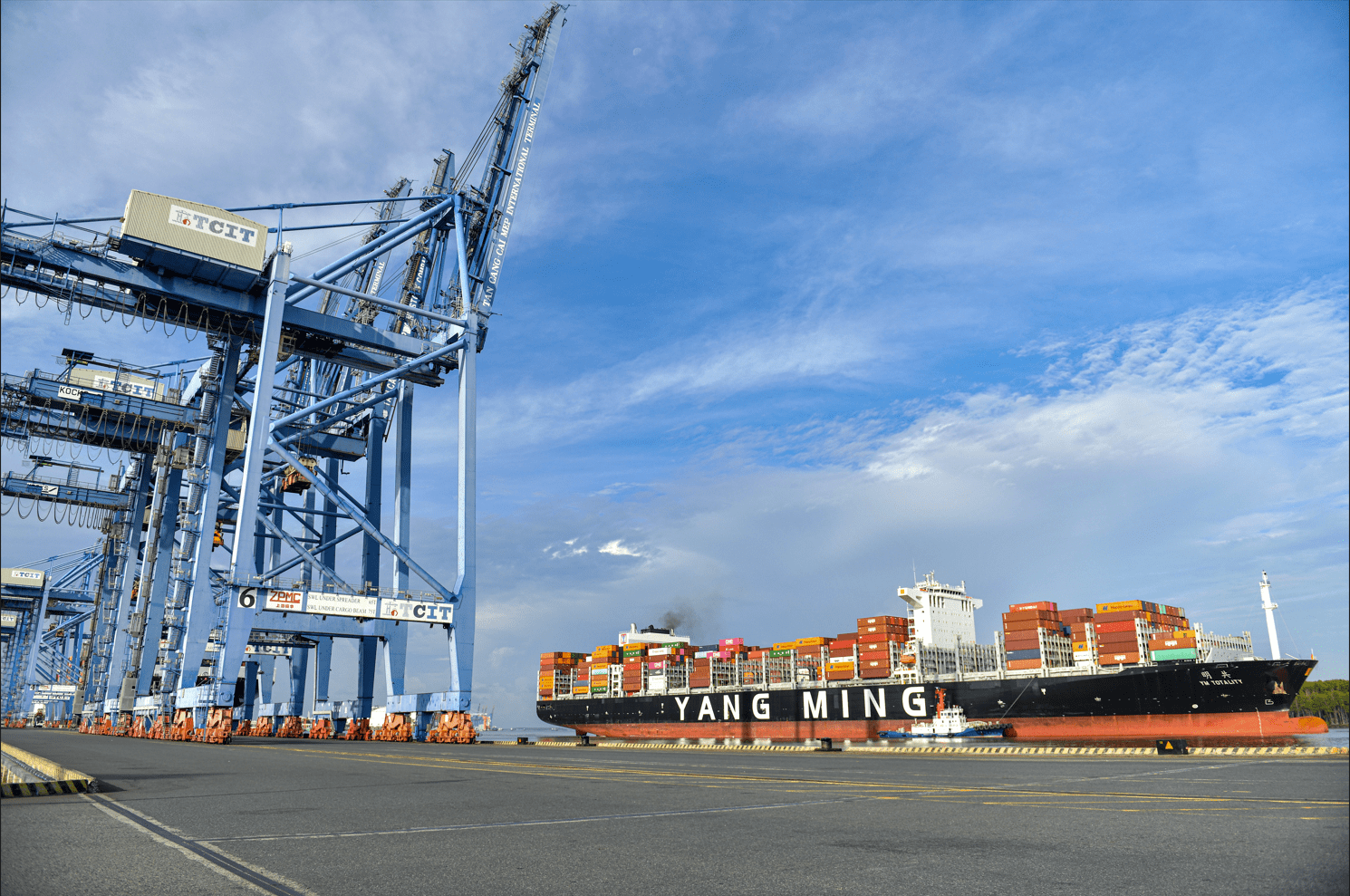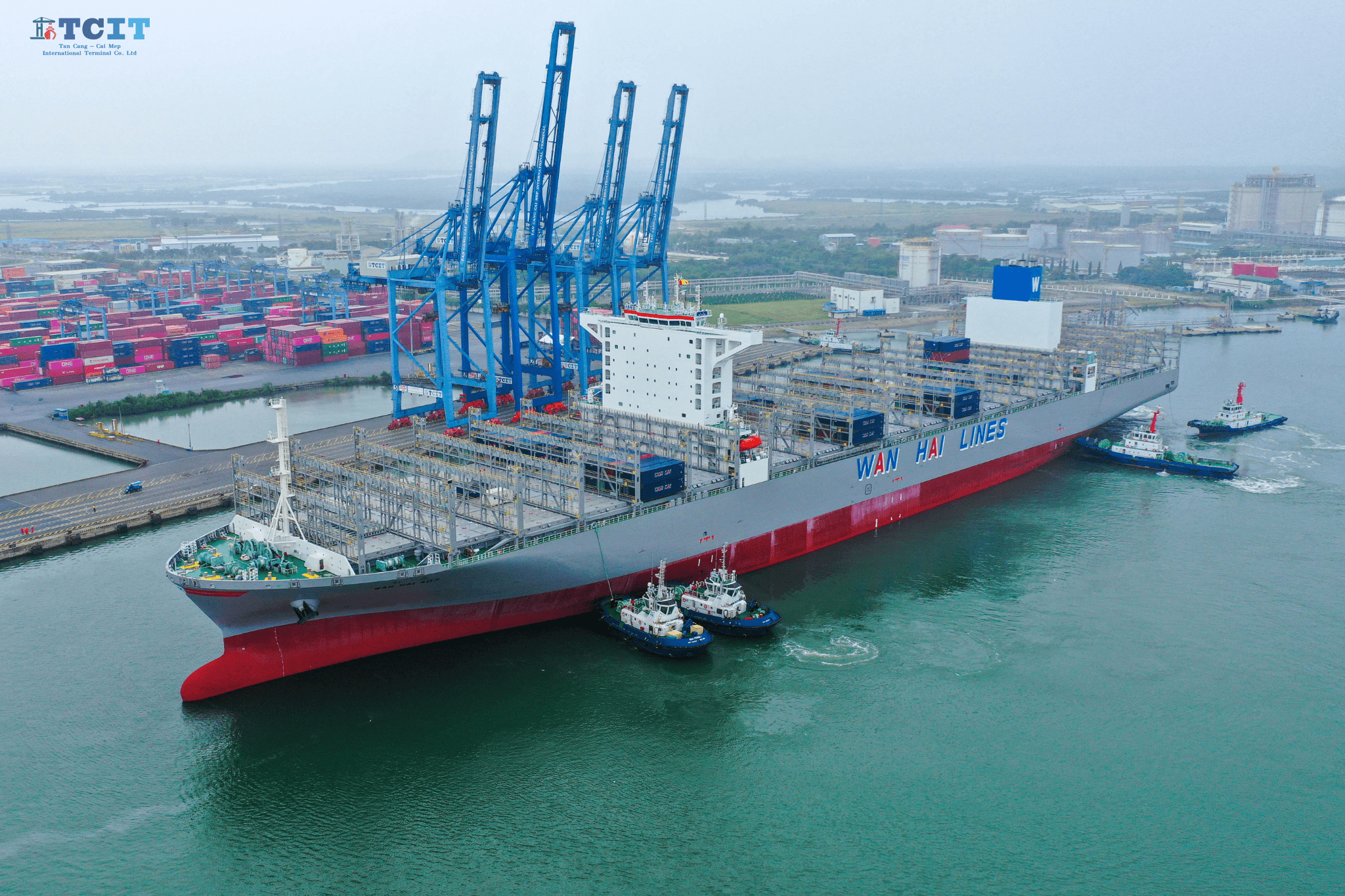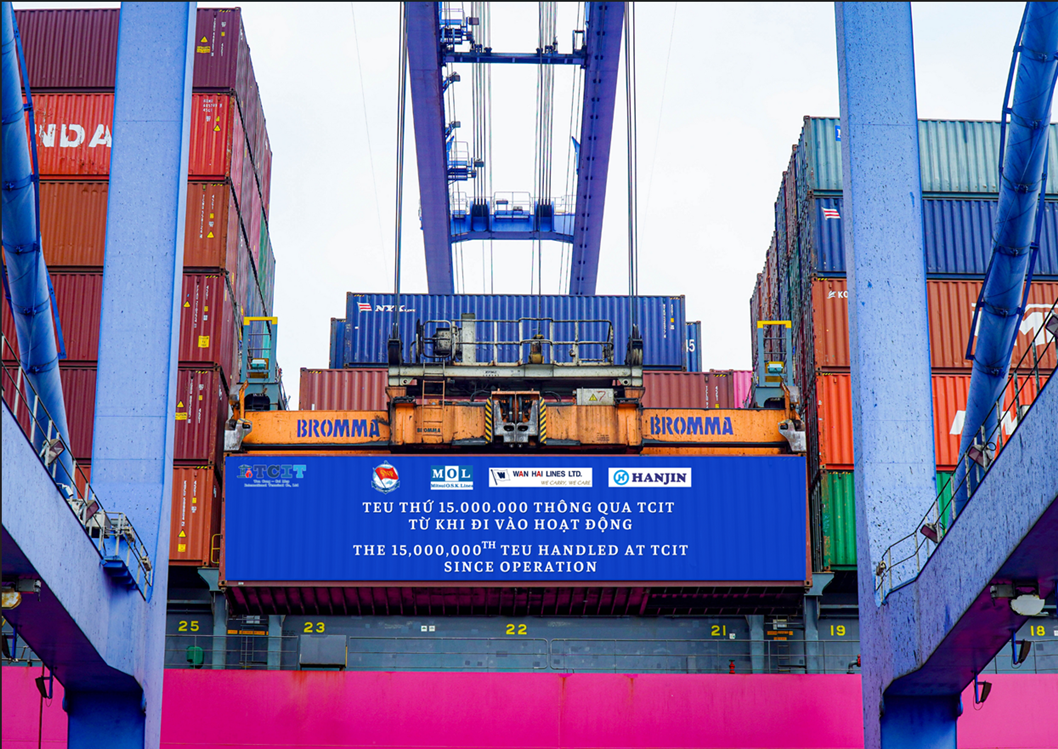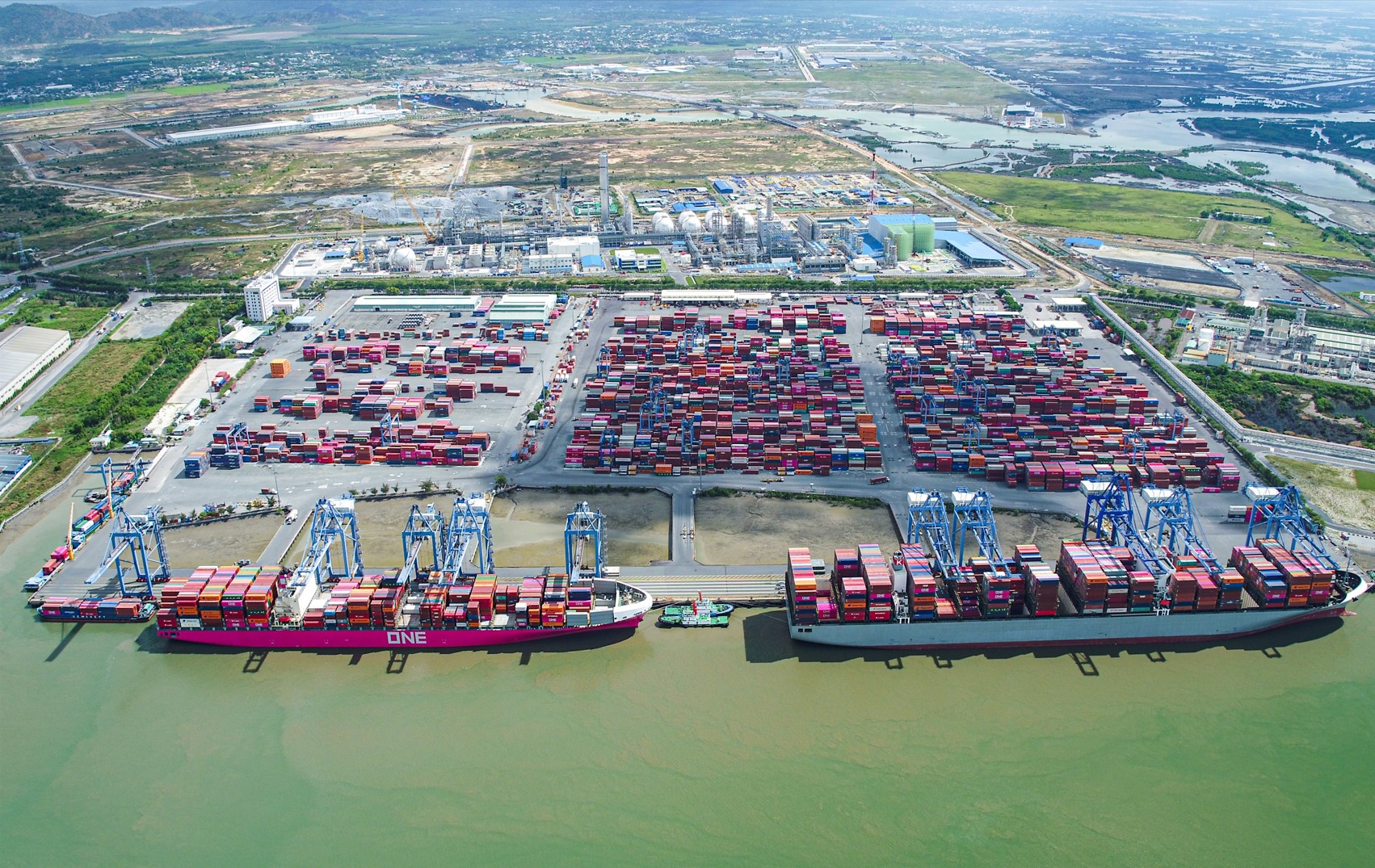CMA-CGM to Continue Pursuing Acquisitions
French container shipping company CMA CGM plans to continue to look for acquisition opportunities after its plans for merging with German rival Hapag-Lloyd fell through, Reuters reports.
Speaking on the sidelines of yesterday's inauguration of the company’s new flagship, the 20,600 TEU CMA CGM Antoine de Saint Exupery, in the Port of le Havre, the company’s CEO Radolph Saade, confirmed to Reuters his company was interested in Hapag-Lloyd, but added that the matter was closed now.
Potential future targets of the company have not been revealed.
Information on CMA CGM’s exploratory approach toward Hapag-Lloyd on a potential merger emerged in July 2018, however, the German company turned down the proposal.
Commenting on the consolidation of top-tier carriers like CMA-CGM and Hapag-Lloyd, Drewry said earlier that such a business combination was unlikely as it would probably be challenged by regulatory authorities amid fears of breaking fair competition rules.
One of the most recent acquisitions saw CMA CGM buy Brazil’s container shipping line Mercosul Line from Maersk Line.
CMA CGM and Maersk Line announced the deal in June as part of Maersk Line’s move to acquire Hamburg Süd, which Maersk finalized at the end of November.
The move was preceded by CMA CGM’s acquisition of Neptune Orient Lines (NOL), which operates through the APL brand, a year earlier.
When asked about the rising tensions between the U.S. and China and the impact on the company’s business from the spat, Saade said that the trade flow between the two countries remains strong, especially on the Transpacific route. Nevertheless, should tensions further escalate with the introduction of new tariffs, transported volumes are likely to be impacted.
China Is the World’s Leading Maritime Nation, New Report Shows
China is the top international shipping nation according to a new report presented by DNV GL and Menon Economics at SMM trade fair in Hamburg on September 5.
The study, entitled “The Leading Maritime Nations of the World”, benchmarks the 30 leading maritime nations around the world in four key maritime pillars: shipping, finance and law, maritime technology and ports & logistics, in an attempt to understand the key drivers behind national maritime success.
The new report follows up the 2017 report by Menon and DNV GL on the “Leading Maritime Capitals of the World” but shifts the focus to an extensive review of the maritime industry at the national level.
As explained, the 30 nations were ranked by size and magnitude on all four key maritime pillars and their subgroups. As the shipping sector is the main engine of the entire maritime industry, more weight was given to the shipping sector.
The 2018 report ranks China as the world’s leading maritime nation, due to its top four ranking in all of the maritime pillars. China’s position is particularly strong on the ports and logistics pillar, with the world’s largest container and bulk ports.
The USA is placed second, scoring high on all four dimensions, followed by Japan. Germany, Norway and South Korea, share the fourth place. Germany’s strength lies in its consistency, with a top five spot in three categories, whereas Norway has its strongest position within maritime finance & law and maritime technology. South Korea scores top in maritime technology and is among the top 10 in shipping and ports & logistics.
Maersk Adds Digital Freight Forwarder to Its Brand
Digital freight forwarder Twill has changed its brand affiliation from Damco to Maersk, Danish shipping and logistics major A.P. Moller – Maersk said.
Maersk explained that the realigning of the brand will make it possible to offer Twill to all Maersk customers, in line with the company’s strategy to become a global integrator of container logistics offering end-to-end solutions.
Launched in April 2017, Twill was created as a ‘Damco innovation’ and operated as a partner with the freight forwarder and supply chain management company, which is part of Maersk.
As of today, the Twill logo will be updated to position the brand as “a Maersk Innovation.” All shipping currently handled through Twill will continue to be operated by Damco, Maersk noted.
The transformation of Maersk Group from a conglomerate to an integrated global container logistics company is expected to take between three to five years.
For the transformation to be completed, Maersk is yet to finalize the separation of its energy business, as structural solutions are still being sought for Maersk Drilling and Maersk Supply Service. Maersk believes that these will be defined before the end of 2018.
As part of the process, in the middle of August 2018 Maersk said it would list Maersk Drilling as a standarlone company on Nasdaq Copenhagen in 2019.
Source: World Maritime News
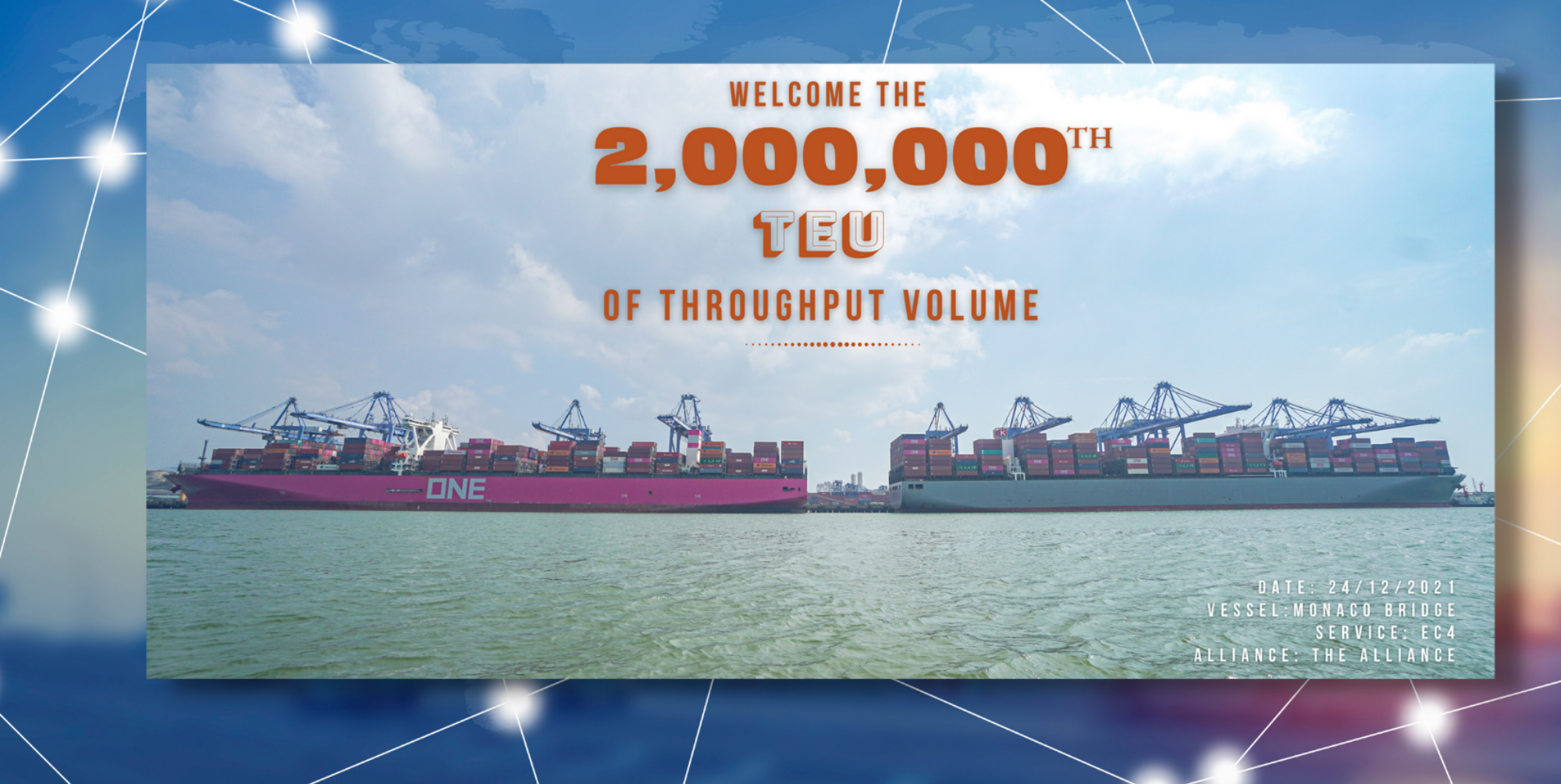
.png)

